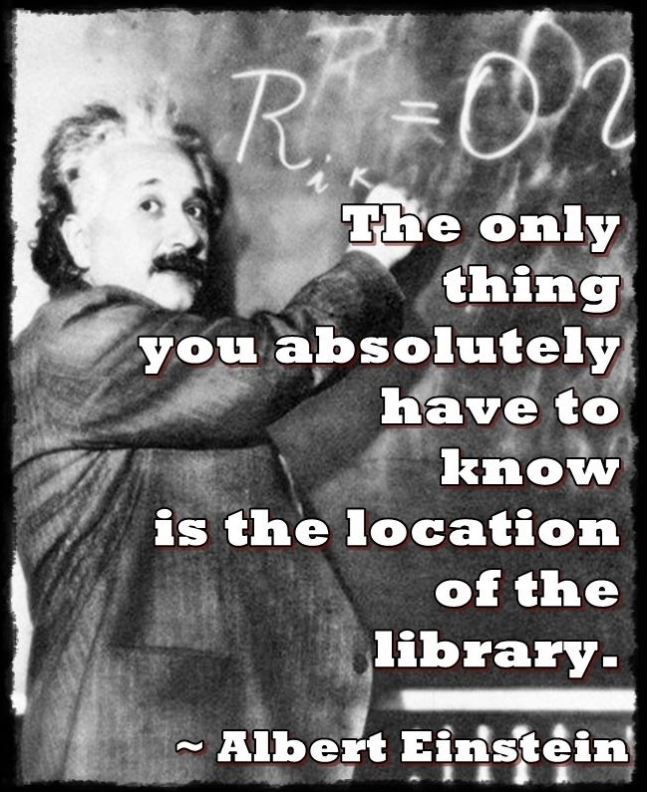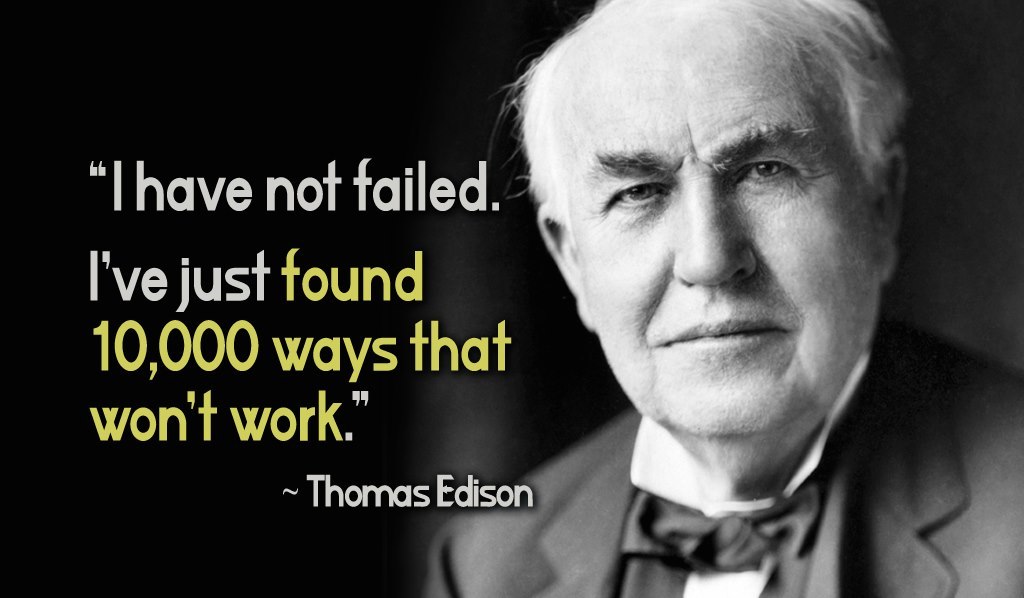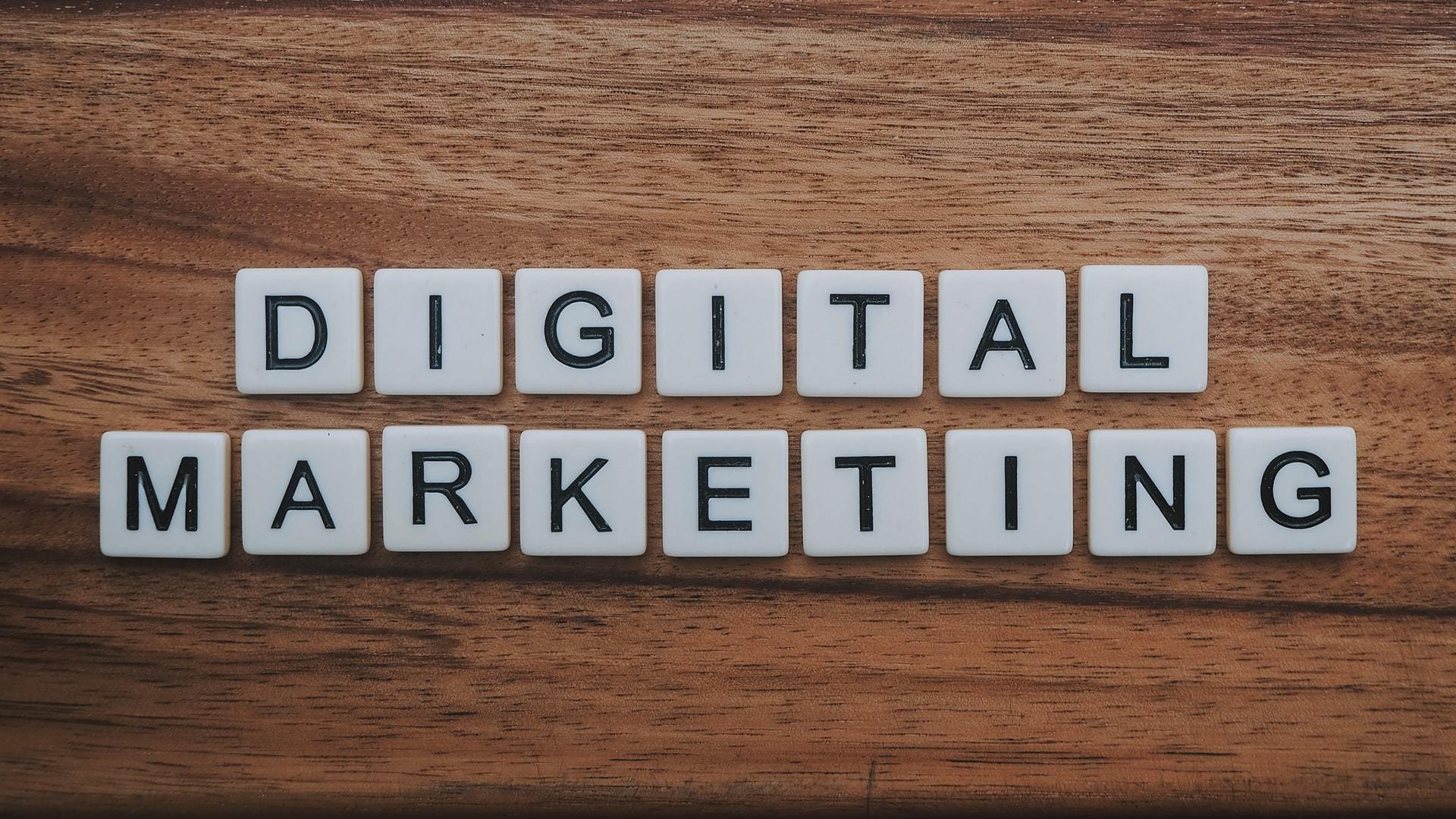I wrote this blog post several weeks ago; you’ll see it’s part of a larger email series that’s been delivered to specific subscribers.
Since then, our world has changed, broadly and fast. I won’t try to address the enormous suffering so many fear or are suffering today; everyday I, like you, am looking for ways to protect my family, my health, my friends and business when everyday, the landscape shifts and appears more challenging, more frightening.
Yet, at the same time, I keep finding points of light, as George Bush Sr. coined, ‘a thousand points of light’. New ways to maintain connections and business. I wish you many brilliant points of light, perhaps with new perspectives, new ideas, new sources of help and opportunity ~
Warmly,
Andrea

My friends,
This topic is a bit broader than others I have written about and I want to elaborate on it because it is significant to so many (how to advertise complicated products).
I’m laying it out in segments; part of this topic has been addressed in ‘Secrets of Online Convincing’ e-book and its companion premium content. And, it keeps developing as so much interest has been generated from those emails; I have to clarify a few things.
In one of those recent emails, I talked about the first step for a strong business, especially in the world of digital marketing: a good mindset – that is a prerequisite for anything, including successful marketing.
Now…
Theory is one thing, and practice and experience are often quite different.
Not every method or every idea works for every market, every product, etc.
Yet, there are psychological principles, proven, which are permanent. They are like solid walls. They will not be knocked down. They are important because we can rely on them in a changing world, 24/7/365.
When you master these basic principles, you have confidence in your marketing choices. You do not worry about the latest trends because you have a wall of unshakeable principles you can always rely on for results. That wall will stand even as the stones change appearance over time.
We can use psychological principles with near certainty (which in the world of uncertainty is pretty significant), but still not 100%. The reason it’s not exactly 100% is that often when people use a certain psychological principle to promote their product, they don’t get the expected effect.
Then they think “well this doesn’t work” …
But in most cases, it is only a matter of misapplication, not that the principle doesn’t work. When something that is supposed to work does not work, you should first consider: “Is it a good application, did I do it right? Maybe we missed a step? Get someone else to read it.” The sure path to failure would be to make the conclusion: “this doesn’t work” and then, give up.
I’ve written about these principles before; examples are:
- Urgency increases conversions.
- A guarantee reduces a buyer’s risk.
- People respond well to stories.
These are the facts. A million times proven in practice. Take the example of urgency.
In 90% of cases, urgency works, maybe in 99% of cases. Just look at the the success of sales that include, not just price breaks, but also ‘limited supplies’ or ‘as long as supplies last’ or ‘until hell freezes over’ (you get my drift?) It works; provided that the principle is adequately applied to the particular case.
What might be a misapplication with urgency? This is usually when the urgency is false and transparent: a buyer sees the product on a shelf or promoted on your site long after the promotion ended. Now your potential buyer feels that the urgency was really just manipulation. Or the argument for urgency is not well presented or is not convincing so it does not leave the impression of honesty which kills confidence. So say ‘bye bye’ to any sale (or even a good recommendation) with that prospect!
Then the marketer incorrectly thinks “this principle doesn’t work” instead of realizing that using it incorrectly has done them double harm.
The famous saying (you could even call this another fundamental principle) is “People love to buy but don’t want to be sold”. They often want to buy but certainly won’t (or will, at the very least, feel sour) if they feel they have been manipulated by a fake claim. They feel cheated. Even if they buy, it remains a bitter taste in their mouth. The balloon of confidence you were inflating burst as a needle puncture and that relationship you want to build with that customer will be a rocky one. So, even if they buy, they don’t trust you; you were deceptive. And without trust, there is not likely to be another purchase or referral. You see, trust and confidence are also proven principles that must be properly applied and nurtured..
While I’ve frequently illustrated how to use fundamental marketing principles with tools – titles, google, SEO, etc. – principles are the main thing that I want to teach you here. Not where to click. ‘Where to click’ you can learn anywhere. Besides, that is constantly changing. Yet marketing & sales psychology remain. And, more important than that is how to apply them. Remember: Knowledge in itself is not power but only potential; action on that knowledge is power. What does an academic gain by knowing if she does not use it for useful purposes?
Unfortunately, learning these Principles is something that many bypass and instead dwell on only superficial, technical aspects – I call that and the people who focus on it “clickers” because it doesn’t take a lot of smarts to just click the mouse.
It is a choice to take the line of less resistance because you believe that there is some quick trick or secret by which clicking can skip the Principles. There is not now nor will there ever be.
The principle is WHAT to do because it works, and clicking is HOW to get it done. (or, at least, one way to get it done.) And how you do something is important, of course, but what matters is how you choose to do it. What is the strategy, the path you select that is most relevant and engaging to your audience? How you market is a choice of details; much easier to master. It’s like when Einstein was asked about a formula and he told them “I have no idea” . Why would he have to know something he could look at in a book in a minute?
They wanted to humiliate Henry Ford by referring to his lack of formal education and asked him a few “general” questions that every unemployed person knows. Brother Ford answered them: “I do not know the answer to any of these questions, but in 5 minutes I can find a man who knows.”
That’s the point. You see, another wise principle, whether in business generally or marketing specifically, is to know that all things must get done but they don’t all have to be done by you.
The word “resourceful” perfectly explains this way of thinking. “Resourceful” is someone who makes good use of all possible tools to reach a goal efficiently and completely. To accomplish whatever s/he intends. In dictionaries the term resourceful means: having the ability to find quick and clever ways to overcome difficulties.
I just want you to understand that in marketing there are psychological principles that are constant and have never changed. They will work and sell for many years just as they have for many years before us, as long as someone sought to influence the behavior of someone else.
Recognize and focus on the psychology of marketing and it will give you an advantage and business stability; understand the principles that are lasting, and you’ll have control over your business success regardless of gadgets and tools that emerge daily in the world of “clickers”.

They may be clicking well, but they do not understand that clicking does not sell goods; the principles behind the scenes do most of the work. Don’t worry, you can easily master the technical part as needed. Some of that technical stuff is addressed in the premium email content I’ve prepared for you, my gift, here.
On the one hand, then, are the Principles. They are a little harder, but extremely profitable for you to master. On the other hand, there are, let’s just say, Methods. We can also call them tricks, tools that are trending; there are different media (text, video, images) different placements, platforms (Facebook, Google, Instagram, etc.), settings. That part is what I refer to as “clicking.”
It’s not psychology, it’s often just TECHNIQUE: whether you’re going to put lower or upper case letters, run a Facebook ad on mobile or desktop, or whether you are targeting these or those people, where you will insert keywords and how many times. Anyone can figure it out relatively quickly.
The problem is when you listen to various “gurus” on the Internet who say “this method works” and swear by it, and then you blindly believe that it works.
You try it, and it doesn’t work. So you get nervous. Either you didn’t apply it well, or – and this is also a common cause, it just doesn’t work for everyone. There are different markets, found in different venues or on different platforms, and that is normal.
To expect something to work for everyone 100% of the time just because one guru has said it and because it may work for others is unrealistic. You need to find what works for you. What matches your, hopefully, hungry market? This will only be achieved through constant testing. If you don’t try, you certainly won’t succeed. And the same result happens if you DO try and it turns out to have been the wrong technique for you or just misapplied.
Only experience will tell you where this tool works and these others do not; which in the future will allow you to craft a FASTER lineup of choices, fruitful for profits. You’ll rack up mileage first, so walk faster or sit on a bike or behind the wheel. You’ll learn through troubleshooting what’s directly in front of you.
So now, without much research, I can feel, in a flash, whether something will work or not, whether this or that principle and this or that technique, trick, whatever, will apply to this market.
And that’s only because I’ve spent a lot of time thinking, defining, trying and analyzing the market with Principles, from the emotional aspect of what can have an effect.
So you can pretty accurately predict what a good marketing strategy would be and how much to invest and long it can take.
That feeling cannot be learned in a book, but you have to end up like a fool many times first.(which I’ve certainly done!)
Then over time, you know what constant psychological principles you can use and how to naturally INTEGRATE them with your market and in what combination and what variable techniques, methods, tricks you should use SPECIFICALLY for your case in order to market the product or service as best as possible. And that means connecting in an easily identifiable way with your audience.
You see the bigger picture? Good! And you’ll keep seeing it faster.
This is what you get by experience.
I just want to tell you not to be disappointed when something that was supposed to work doesn’t work. It’s just another experience. And there are no good or bad experiences, just experiences. Neutral. Too philosophical? OK, try this:
The worst thing you can do to yourself is to have high expectations of something and then lose your motivation when it fails.
Let’s say you see somewhere that through this and that marketing trick you will get such and such result. Some guru told you. You apply everything and it doesn’t work out as you expected.
If it works for someone else, it doesn’t have to mean it’s a PRINCIPLE, but just a technical thing that your market responds to or does not respond to at all, or the idea is not applicable or has not been properly implemented.
It’s all normal.
Don’t get frustrated when something doesn’t work.
Further, do not trust every marketing guru. (Even me; I don’t know you well enough through these posts to guide you to the most streamlined and effective path to achieve your desired results; perhaps, when it’s ready, you’ll jump onto the more customized, platinum program I’m preparing now).
What do gurus do if they lose their mysterious powers of expertise? Unfortunately, being a guru is the only thing they typically do.
What works for them does not work for everyone. The money they make is by telling and selling others how to make money, and they might never sell a real product in the real world with the same methods. So, principles and their application are the same and in 90% of cases, but methods… they vary wildly.
Do not take anything for granted or dismiss it simply because it did not work on the first attempt or because it did not work for you on another occasion in another market.
Something that doesn’t work now, may work great later, if you apply it differently or just change the “angle” slightly, just a little later from the second or third attempt.
Something that has not worked for you before with one website can work like crazy with another website (and another market). You just have to stay mentally flexible and open-minded if you want to move forward.
Neither accept or reject everything right away.
Next…Don’t believe blindly 100% of everything, not even what I’m writing to you here.
Gain experience, and look at sales as a living organism. You need to remain curious and be prepared for risk and error as a normal part of the learning process.
I have been more times totally wrong with marketing than succeeded (yes – true! But less so has time has passed has I analyze and learn) You read something somewhere and when you apply it doesn’t work at all. You are 100% convinced that something will work, you hope a lot, and then it doesn’t work and you scratch your head or you get nervous that you’ve been working on something that totally fails for X days or months.
And you may say “waste of time”, at least at first glance.
Me too. But without the mistakes I’ve made, I wouldn’t reach the 10% that rocks and that I can now copy-paste with much success into almost any market.
You just have to be cold as ice when you figure out that you ended up being a fool and that may represent months of work that are now seemingly thrown into the water to drown.
I promise: All these threads will connect somewhere in the future. Life is a miracle. You turn the failures of 5 years ago into successes today.
“Wasted time” from who knows when is now filling your pockets because you know something today that you would never have known if you had not made certain mistakes and wrong decisions before.
It would be great if we were smarter. And you know what? It’s easy to be smart after you foul up. But what’s most dangerous is again being weak on mistakes and losing motivation. You need to keep your motivation as little drops of water in the palm of your hand that may one day quench your thirst. And often you won’t be able to do it yourself. No one succeeds alone; we all succeed through the help – sometimes unknowingly – of others.
That is why it is good to have good partners, to push together, to motivate one another when failure discourages you, and failure is inevitable. The thing is, how you handle it.
Turn off your emotions and mood to daily results. Look at the bigger picture. Monthly, yearly, average. You’re building something, brick by brick (or pixel by pixel!). And when one brick falls or even the whole wall, just keep building until you build something significant.
I feel the same way whether something succeeds and fails: EXCEPTIONAL.
It’s great that it didn’t work. Too bad, but what now? Let’s see if we can understand why something that was supposed to work still doesn’t work. We are going to find something that we have never thought about or noticed, simply did not look at. If it worked, great that it did. I just went to the next level in the game! What’s next?
Illogical today becomes logical in the future; you just need the long term view to recognize that everything – failure, success, mediocre results – take you farther along your path.
Play Tetris? You roll the Tetris and get to the next level of speed. Sooner or later the screen fills up, you “die” and just refresh. As you get better, you see more steps ahead that speed up and make your job easier.
Of course, you WANT something to succeed on the first try and when you launch it up you say “God help”… if God helps great, and if not… then we must help ourselves.
In fact, in many cases, whatever you do fails from the first; that just serves to show the initial results and, based on them, you either continue along the same path and tweak a little or completely change the concept.
Also, the results are rarely black and white. Things neither work perfectly nor fail completely.
Most often you get “OK” results or less than you expected or something in between, and then it’s up to you to decide if you are cutting out something completely or looking to bring something that is just good enough through some optimization to a great level.
And that’s often the case.
You want to drive something that delivers solid results to a level that delivers outstanding results.
It is the space where we move most often and which is the hardest to break through.
Marketing results are rarely just one thing but combinations of 10-20 or 100 pieces that form a whole. A puzzle of maybe 1,000 pieces that you gradually assemble. Rarely does your success come from just 1 thing, but a combination that then gives great results, overall.
Likewise, when you listen to various gurus, read through blogs, websites, watch YouTube, out of 100 things, 80 things or ideas fail. 80% won’t work because no one has specifically analyzed your case to know which specific methods are relevant when applying marketing principles to your unique audience and value proposition.
It’s one thing for me to say, “Well, give people something for free” or “create a separate landing page”, and it’s another thing to apply it appropriately for your specific case and market.
Regardless, it’s still much better to try and see that it does or doesn’t work than just theorize.
You probably know that every test, every advertisement, is used to gather information about the market, in REALITY, not just in theory. You too want to confirm in reality the assumptions made in theory. And those two things rarely come together 100% from the start.
And there is still one problem with how you learn…
There are 2 types of people when it comes to learning about marketing…
Most of them are people I jokingly call “course nerds”. These are people who swallow all the content thrown out by the marketing community and are actually great customers. As an example, look at the personal development profession. People will buy tickets to hear their favorite experts, buy their books, CDs, downloadable courses and conferences and feel that investment is all it takes for transformation to occur. Personally, I’ve done it too. But transformation won’t occur until you – or I – take action, to apply the principles we’ve learned, especially the ones we wrote down in our notepads and underlined 2 or 3 times…..
And I don’t regret it, it’s all great and it’s come back a thousand times over. But what is far more expensive to invest is time. The time between learning and applying does not always make the application more powerful when it comes.
You see, some people will invest because they trust a particular expert or they like to be in a room filled with ambitious learners yet, the problem with these ‘course nerds’ is they will not only spend money but also spend a lot of time learning useless things. They learn for the sake of having new and interesting topics to talk about or to say they read so-and-so’s new book or attended her latest conference. That’s not an investment that will advance your business and marketing success.
Then there’s another kind – the ‘Kamikaze’ or fast action-taker who learns when something is immediately applicable or you need it now; they learn and try. And then an investment pays off much faster, either with initial success or realization that something must be done differently.
This is the type of person who immediately wants to see what and how something works and come up with an idea to implement what they’ve learned. As a result, that person – you – is being educated on how to improve anything that was once wildly done.
Learning just for the sake of learning is meaningless in business. I never learned anything just for the sake of learning because I didn’t have the time — the luxury to wait – for success to fall from the sky. But, rather: ‘let’s do it now; let’s see if it works’. I learn what I need right away for a specific problem.
When I am interested in a topic because I need it at that moment, soon I will research all that exists on the topic, and in a few months of practice, try everything I can. But the only way to identify good ideas is to put them into action quickly … You cannot realize new ideas unless you do something where you can potentially apply them immediately.
Then you say “ahh, that could be what’s happening in my case,” write it down, do it, and then the next thing. You may get so intense in that topic that nothing else exists. When I wanted something to work, by 4 am I was staring at the monitor and hitting the keyboard. I don’t eat, don’t sleep, don’t answer the phone; I disconnect from the world.
And that’s normal for me. Sometimes, I get so wrapped up by realizing the positive possibilities, the impact of something I’ve just learned, it takes over my world. There are periods of intense work on something and a period where you may not work for days at all, or even months, thanks to the success of what you might have built before that now works like clockwork – wind it once and it keeps going.
That comes from creating lasting value that can bring profits years later, even when you sleep and do nothing. The Principles are rocks that build walls to guide your path.
Or – you are a course nerd and will not do anything because you are under the impression that you lack enough knowledge and lack the necessary confidence before you can start. You are so afraid of making mistakes that you will never find the perfection of smarts, resources and plan you need.
Every moment is the perfect one you need. Perfect is NOW; take action and succeed – whether from its wonderful results or wonderful opportunity to improve and grow.
Be a Kamikaze who survives, no matter what!
Kamikazes go better for the simple reason that they learn what doesn’t work faster. Which means they discover what does work faster. Every salesperson knows that the faster you get through the ‘no’ responses, the faster you get to YES!’
Edison knew this well.

That’s the point.
The course nerds want to learn all about something first before they take the first step. I believe you learn more in the moment; only then do you begin to UNDERSTAND a certain theory, especially as it relates to your situation and no other situation counts! And only when you really understand it can you internalize it at a level that you can actively use it.
When you read and learn yet don’t apply, you really have not learned anything. That knowledge vanishes at the speed of light.
And with marketing, especially “digital” marketing, things are moving at such a speed that you will never learn everything. Say goodbye to that idea at all, you will only be burdened. You don’t need to know everything, you only need to know what you need, in your case, to build something meaningful and valuable. The idea of knowing everything is like trying to fill a void like the Universe.
It’s meaningless.
Perfectionists – course nerds – perish, while Kamikaze action-takers break boundaries because, as they create, they actually learn more. In their bones. They now feel what they have learned, can use, and replicate in the future.
I learned from a real need at that moment. For example, I wanted to sell information, and I started it right away and encountered problems: traffic and conversions. How can I solve both? Readers of my premium email series know the answers:
- Traffic: SEO
- Conversions: Copywriting.
Only then did I start learning both by applying the lessons learned each day. More importantly I digested much more material because I was in a hurry to earn as much money as possible; the more I earn, the more I can grow and serve.
You may not have time to master something but you need to at least grasp, as quickly as possible, the most important element which will deliver the result you seek.
In the end, just ask yourself … Do I consume information or create by using it?
If you catch yourself consuming information 99% of the time while only 1% creating, you are bankrupt. You can’t grow. Only CREATORS make money. Creators of content, products, services – value for their audience. Consumption is for customers.
What did you create today? Whenever you do not feel productive enough or lack results, ask yourself this question and it will refocus you on creating value, something meaningful.
I’m creating and making money here. And that’s OK. I also consume every day. But as needed. You have a problem, you look for a solution, you find it, you apply it. If it works, great, if not, look further. Put yourself in the situation of having a problem and you will learn by solving it. Google at that moment, specifically for the issue, reading everything, buying all the courses on the subject, etc. but only when you put yourself in a situation with the problem directly in front of you.
I’m not saying all this to insult the “course nerds” but you have to wake up. It’s never an ideal time, you’ll never be 100% ready. Forget about it. Do not break yourself. Make something, anything; what you know and what you have is enough.
Right now, the world is changing fast; evolution on steroids is happening. There is tragedy in tremendous losses and disillusionment through the world-wide impact of the covid-19 virus; that impact will last for years and for many, for the rest of their lives through loss of life, income, business. Yet, there are enormous positives emerging, beautiful, powerful signs of people finding ways to connect, cheer and grow using online tools to simulate or replace face to face interaction.
How can you find, through what you know and what you have, through what you can learn, to keep your business going, to serve your audience – maybe a new audience – in a new way?
Build a website, figure something out, whatever. Write the text. Post something, see how it goes. Apply directly. Whether through the content I’ve offered, through the enormous world of Google or Youtube videos, through others you respect – learn and apply, fast ~
You cannot follow the logic that ignorance hinders you from work when work is the only way to gain knowledge.
I thought from the beginning… ‘Wait for a second, there are people out there on the Internet making serious money. Are they smarter than me? If X can have hundreds of thousands, so can I.’ You can too.
There is one great book called “The Millionaire Next Door”; mostly there was information that was interesting to me, how (at the time the book was written) there are 5 million millionaires in America. Five million. What?? So are they all smarter than you and I? No way!
The world will not stop you unless you stop yourself.
Be a kamikaze. Be “stupid” and let everyone laugh at you and say you’re a jerk. But I will always rather be a jerk with money than smart and poor. Long live the jerks!
So, the lessons here:
- It is better to be a Kamikaze than a Course Nerd.
- Don’t trust all the gurus.
- Create more than you consume.
- If others can, you can too.
- Learn the Principles and the methods will come by the way
- There is no ‘try’, only ‘do’ (ok, I stole that one from Yoda)
And finally … something important: forget about “digital” marketing.
The terms “online marketing” or “internet marketing” can hardly be tolerated, they are also tolerable, I only use them because the market uses them or when I have to explain to what I do. “Well… marketing online,” but most of the time I’m not lying to them so I tell them what I’m really doing: Selling the sizzle so I can deliver the steak. Do you have any idea how old that concept is? Yet, it still applies and still works.
Anyway… digital marketing. What an ugly term. And what is the other form of marketing, analog? Offline?
The word “digital” that is now trending (it used to be called internet marketing, but people had to think of something more “cool” and a little more expensive), the word digital has now made a fictional, non-existent difference to people’s minds. What’s that old phrase? “A distinction without a difference”?
And the craziest thing is when someone “deals with digital”, it’s so cool that they no longer need marketing!
Why would they need it when they know where to click? The world has gone crazy.
Digital is one serious sizzle. For that one, the steak doesn’t even exist!
That’s the only real truth: digital marketing doesn’t exist.
There is no longer marketing that is digital or not digital. There is only marketing. You, even when you are distributing flyers and advertising a website on roadside billboards you are still marketing AND still online, whether you like it or not. You see, if you put billboards all over the city and advertise in magazines or on radio, people will go online before buying because they want to check you out. To see what others say. To be more confident in their choice to buy from you or reject your offer.
So every “offline” marketing will spill over online, and vice versa. Believe it or not, people still talk live, they correspond with telephone and postage. They sponsor little league games, advertise in paper magazines.
Both in the offline world and in some “old-fashioned digital” such as email, they’ll spend time thinking about things and making decisions. Offline will help form an opinion on some things they have seen online.
The idea that digital and analog marketing are somehow separate is stupid and restricting your creativity and choices. It is impossible to separate them. Everything is connected. After all, marketing is about the undying principles and whether you apply those principles online or off, you’re merely choosing which tools to use.
The term “digital marketing” was only invented because it sounds more expensive, cooler and “smarter” than internet or online marketing.
And this idea of ”digital” marketing is also to blame for the Clickers’ affront. Those who know where to click but don’t know why, by what principle, the logic behind that click.
Because they want to learn only about “digital” (clicking) but forget about “marketing” (principles). They completely ignore marketing and are only interested in digital like some modern zombies.
This is the truth about digital marketing. Don’t let it limit you, prevent you from learning what really matters in marketing.
There is only marketing globally and its desired result: a Sale. That’s the point. Are they buying or not?
Look at the bigger picture and don’t limit yourself unnecessarily. Digital marketing is going to change every day and people will drown because they can’t track it, but marketing will always remain marketing, whatever happens in digital.
As soon as you stop learning about digital marketing you will free your mind to start learning about marketing and sales. About the essence. There’s a gold mine.
In the end, I would leave you with one simple picture.

The digital part and the tricks are the upper ones.
Marketing and sales principles are the bottom line. Decide for yourself what is truly worth learning.






